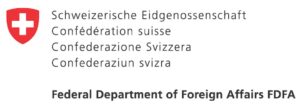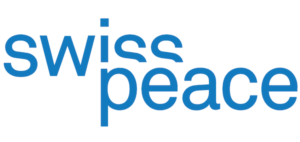On July 29, 2022, the IMF Executive Board concluded the Article IV consultation with the Republic of South Sudan, and the Management extended the Staff-Monitored Program (SMP), which will allow the authorities to deliver on the remaining structural benchmarks. Accordingly, the Revitalized Agreement on the Resolution of the Conflict in South Sudan (R-ARCSS) has enabled the country to focus on its broader strategy to strengthen economic institutions and reengage the international community, including the International Monetary Fund and World Bank, among others. South Sudan’s reengagement strategy remains a key pillar, and it enabled the country to access emergency support during the pandemic. This led to two disbursements under the Rapid Credit Facility (RCF-1) in November 2020 for about $53 million and in April 2021 for $174 (RCF-2). It also led to concurrent approval of the SMP in April 2021, and the current efforts to continue strengthening relations. This increased engagement with international financial institutions (IFIs) is associated with several aspects. Specifically, the role of the leadership and country ownership in advancing reform agenda features significantly. The leadership we have in mind remains broad-based and analogous to the African proverb that states: “it takes a village to raise a child.” While the South Sudanese economy remains sluggish, especially from the legacy of the past conflicts, we submit that a number of lessons can be drawn from this marked level of reengagement with the IFIs. The latter view is the key objective of this Weekly Review. This Weekly Review proceeds as follows. Section 2 provides an overview of the political economy considerations, and a snapshot of the satisfactory performance under the SMP. Section 3 delineates what objectives the foreign exchange (FX) market reforms have achieved, and what remains unfinished; Section 4 provides lessons that can be gleaned from this reengagement strategy. Finally, Section 5 concludes the Weekly Review.






